Sedona’s City Council has legally allowed locals to live in their cars in what they call a “last ditch effort” as the Arizona city faces a housing crisis.
This decision came about as a result of a vote conducted by the city government. Now, local Sedona citizens who work in the town can legally sleep in their cars at night without getting in trouble with the law.
A Housing Shortage in Sedona, Arizona
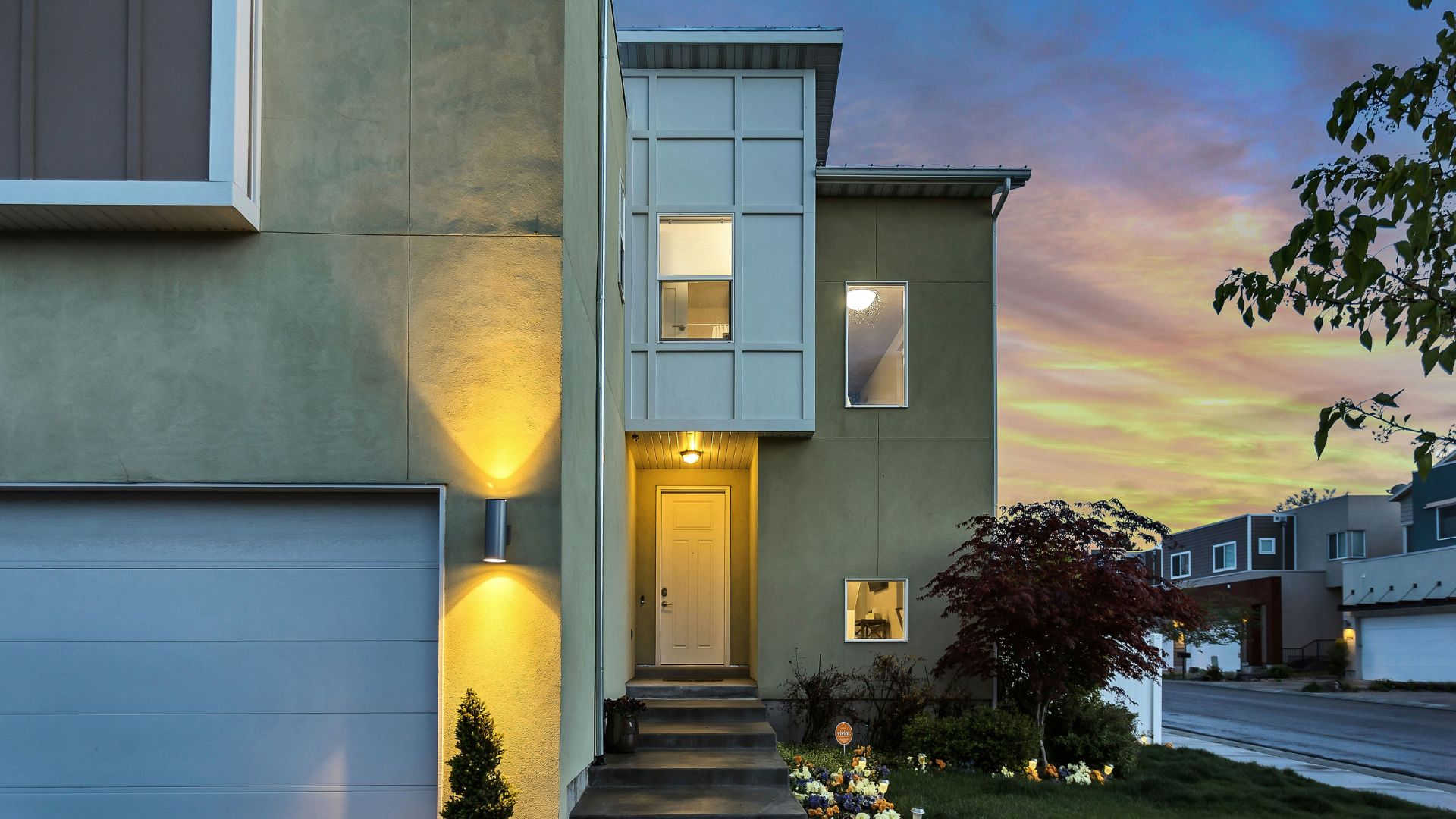
For years now, Sedona, Arizona has increasingly faced a housing crisis, as many local workers have continued to be completely priced out of the housing market.
Now, many regular working residents can no longer afford a home in the city. Left with no choice, these people have decided to sleep in their cars on city streets. Some have also chosen to sleep in parked cars near the National Forest.
Sedona’s Housing Prices
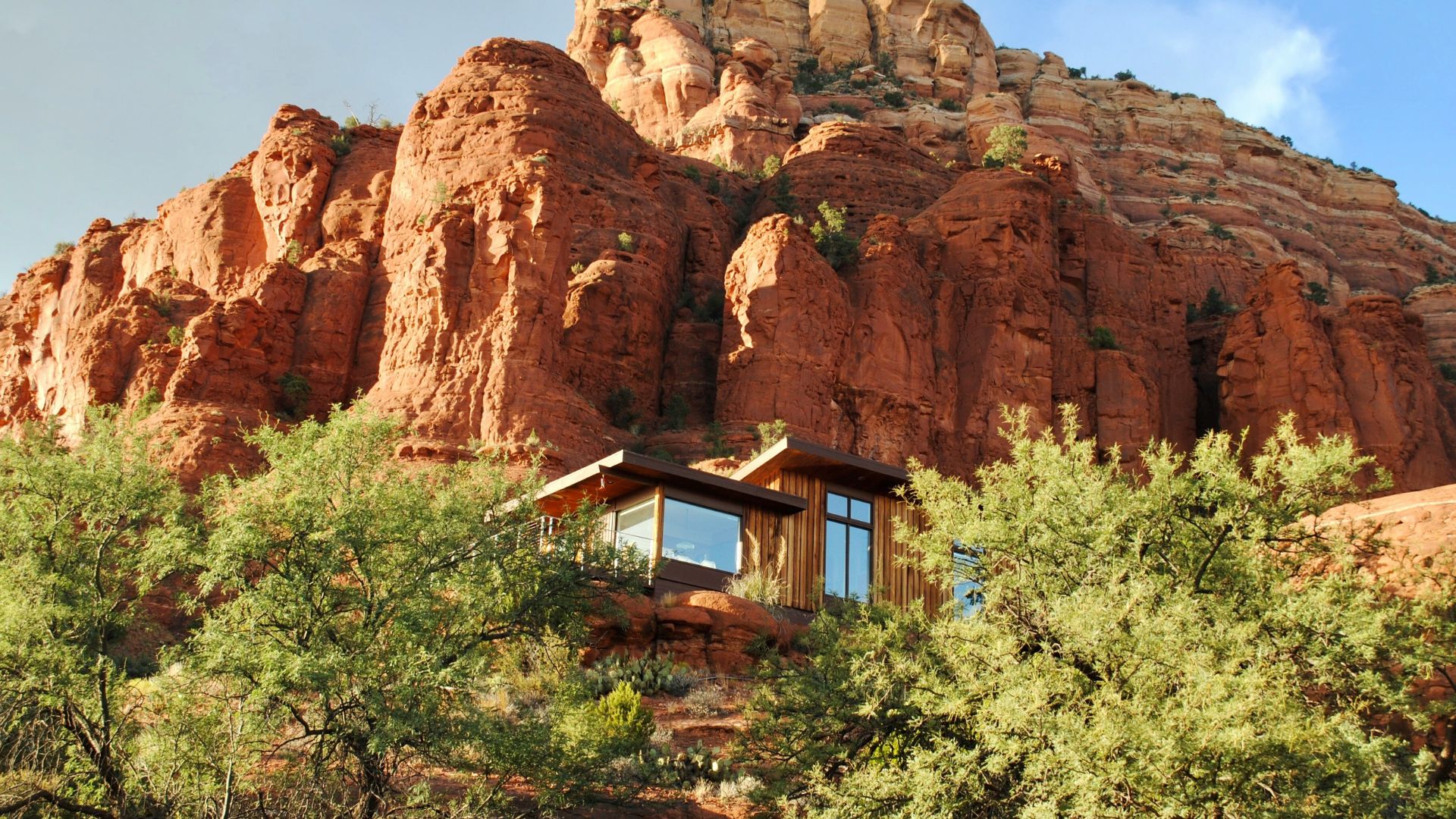
Sedona has become a tourist attraction in Arizona, as many travelers have chosen to visit the picturesque town. This has resulted in many homes being used as short-term rentals.
It’s also led to housing prices skyrocketing in a short time frame. According to Zillow, the median home price in this Arizona hotspot is almost a whopping $952,000.
Tourism Has Harmed Sedona’s Housing

While tourism in Sedona may help many local businesses, it has also completely harmed the city’s overall housing situation. Now, homes are too expensive for many working residents.
Many homes in the area have also been turned into short-term rentals. This has led to a council agenda item stating that this has resulted in “decreasing housing availability for locals.”
No Affordable Homes
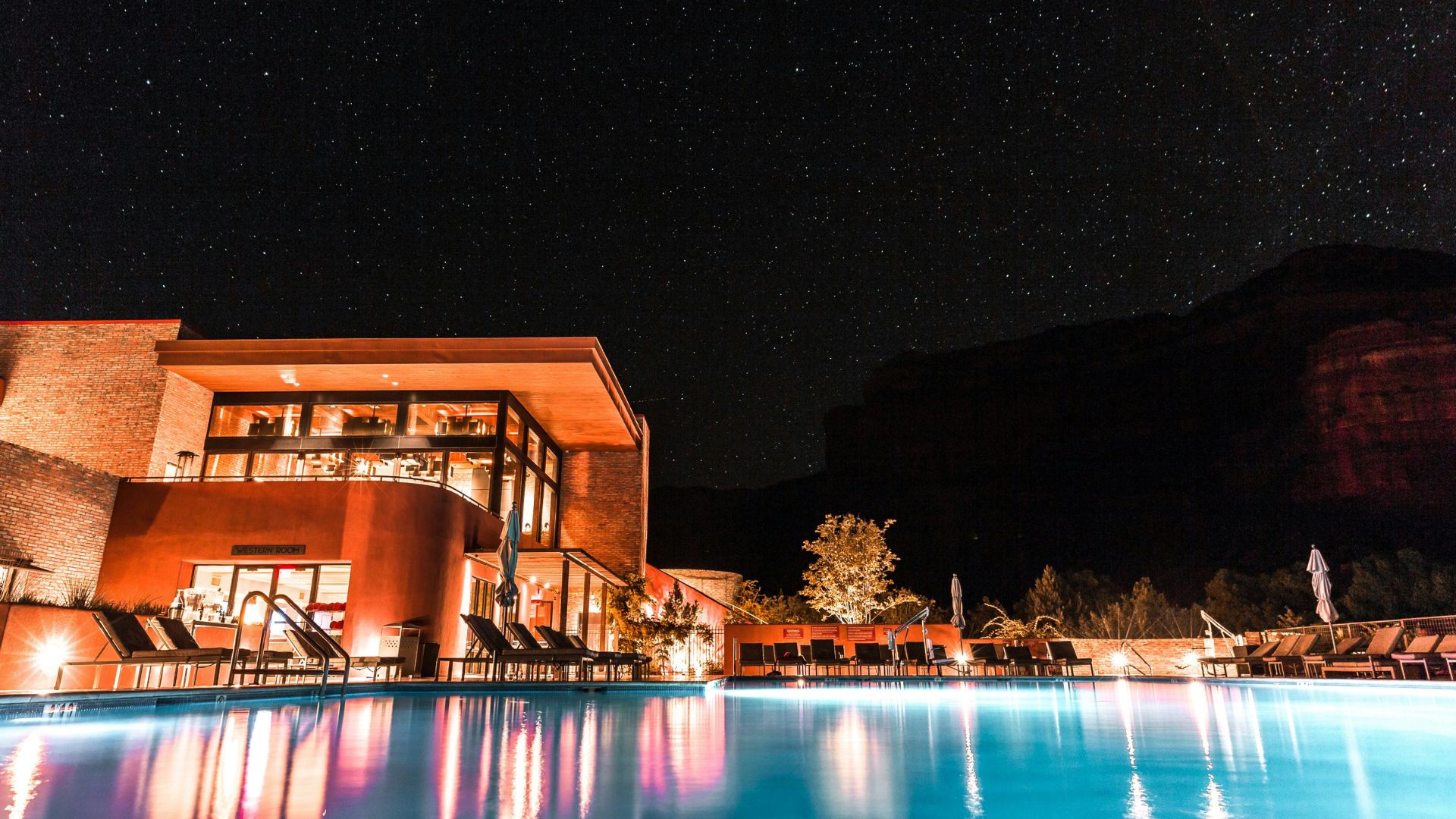
Simply put, there aren’t any affordable homes left in Sedona. This has pushed many residents to sleep in their cars, as they cannot afford to find a place to live.
According to a 2020 housing assessment conducted by the city, Sedona is about 1,260 short of affordable housing units for its population.
A New Plan
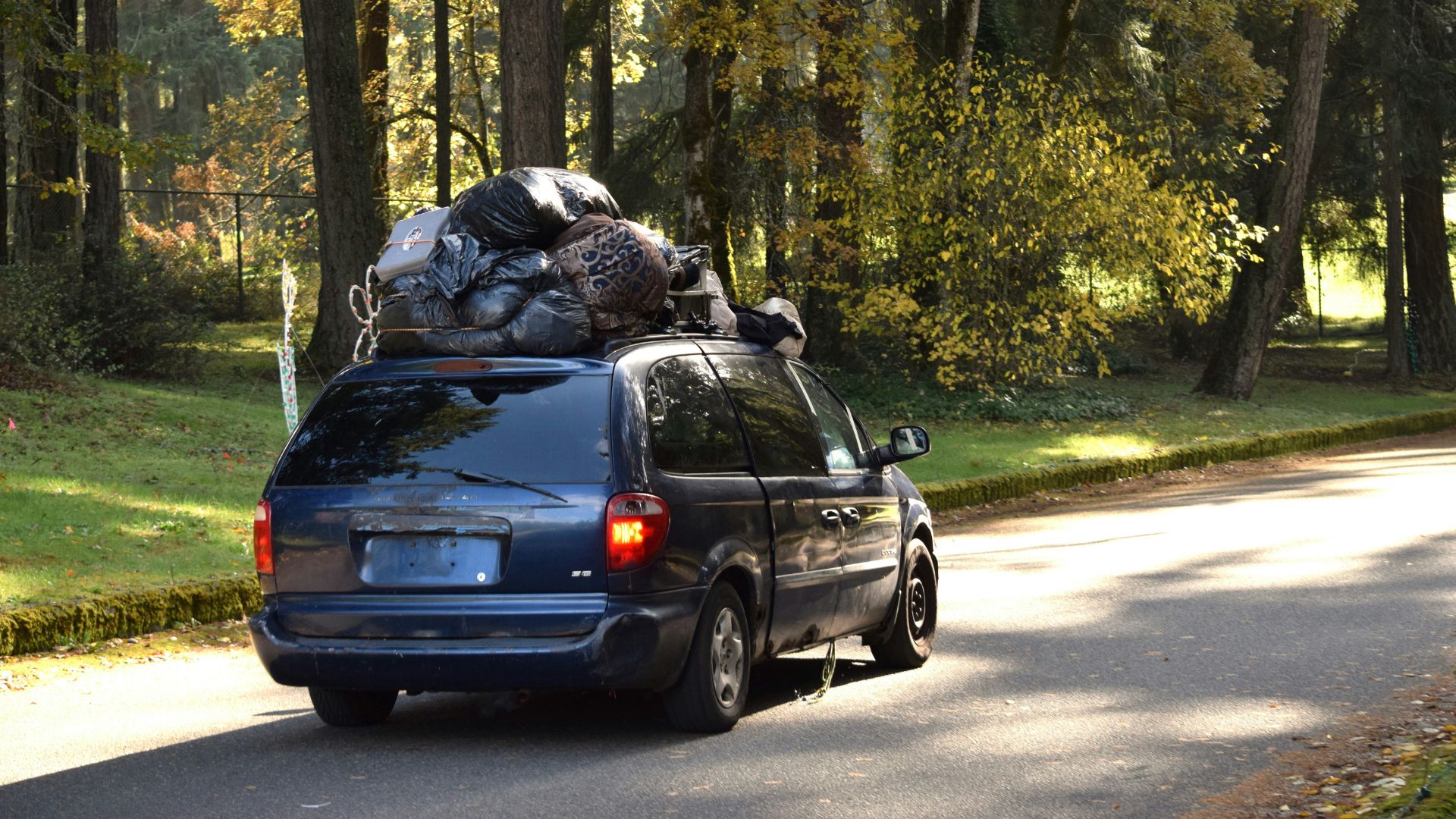
This ongoing housing crisis has forced city policymakers to act. In March, a plan to allow locals to sleep in their cars was passed.
The city is allowing residents who work in Sedona to park in a lot with 40 spots during the evening. This lot is on city-owned land.
A Last Ditch Effort
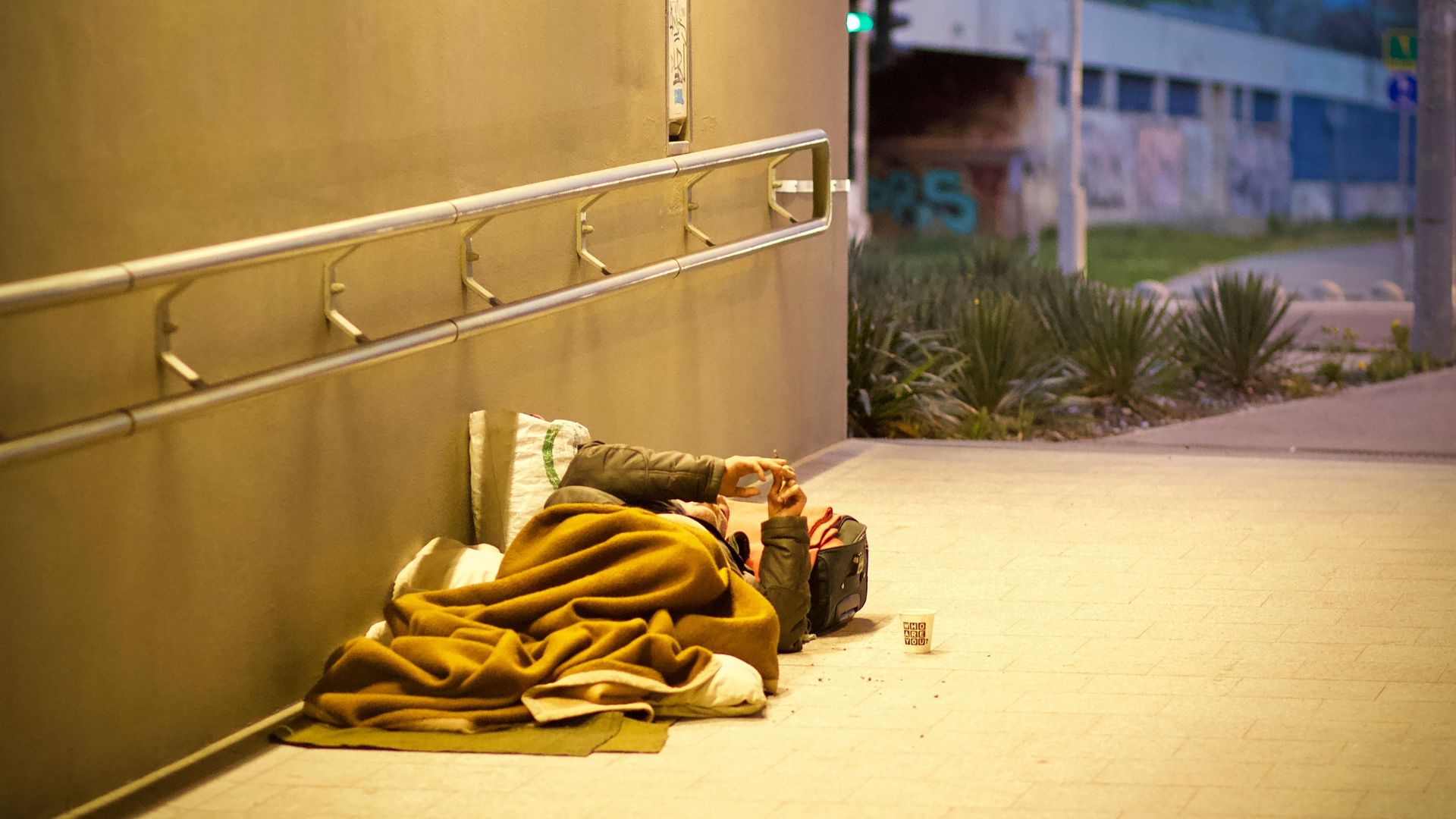
Many have criticized the passing of this plan, for a variety of reasons. Sedona’s Mayor Scott Jablow opened up about why this plan was agreed upon.
“I don’t think there’s anybody up here or staff that are extremely proud of this. This is a last-ditch effort,” Jablow explained. “No one’s really proud because this isn’t really the answer. It’s one of many answers.”
Requirements
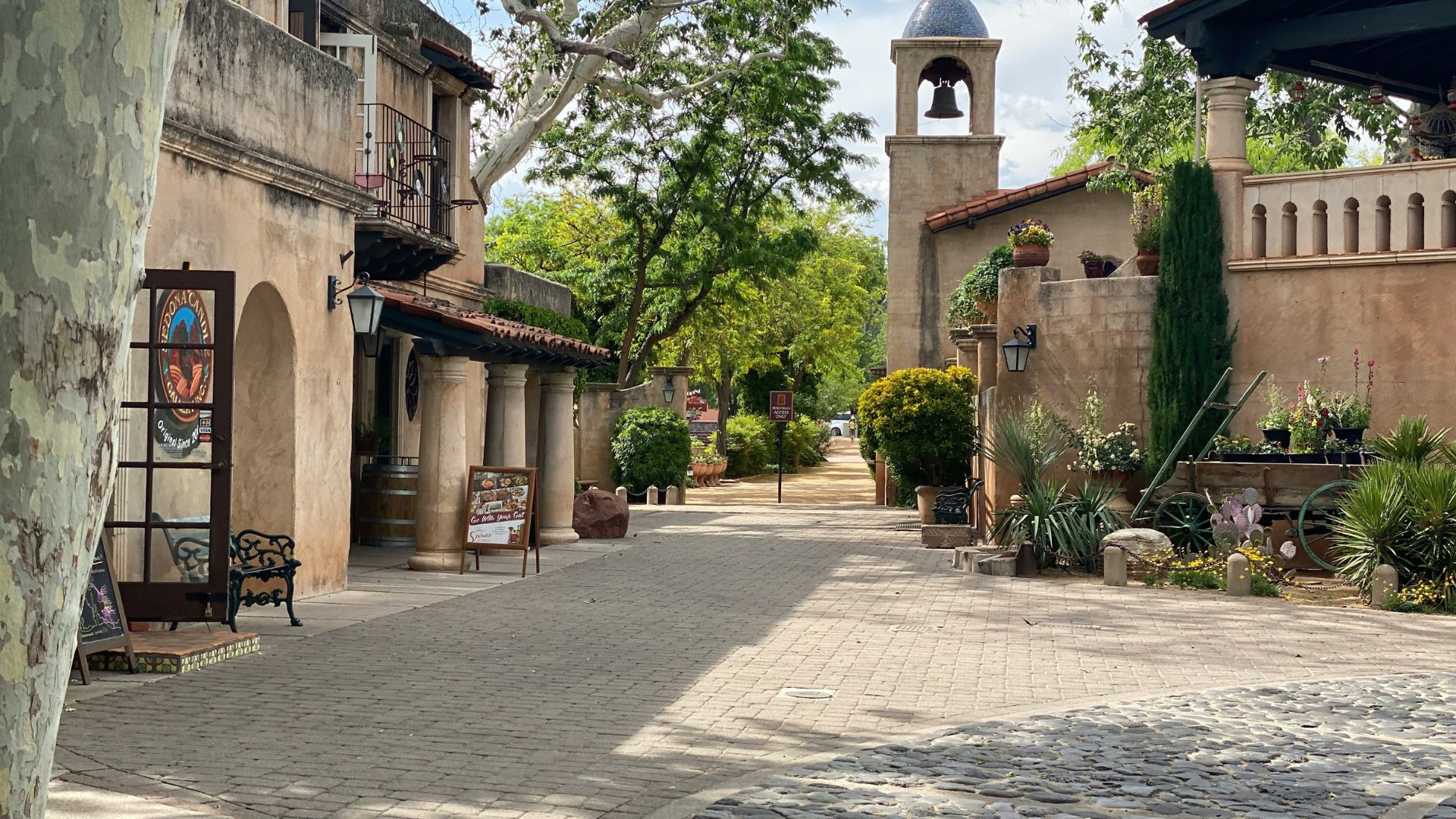
Residents who want to be a part of this program must be eligible and reach a few requirements. Only those who work in Sedona — or who go to school in the city — can park their cars in this lot and sleep there.
Many locals who have already expressed interest in this plan are workers at a coffeehouse, Whole Foods, a pizza restaurant, and Safeway.
The Lot’s Amenities
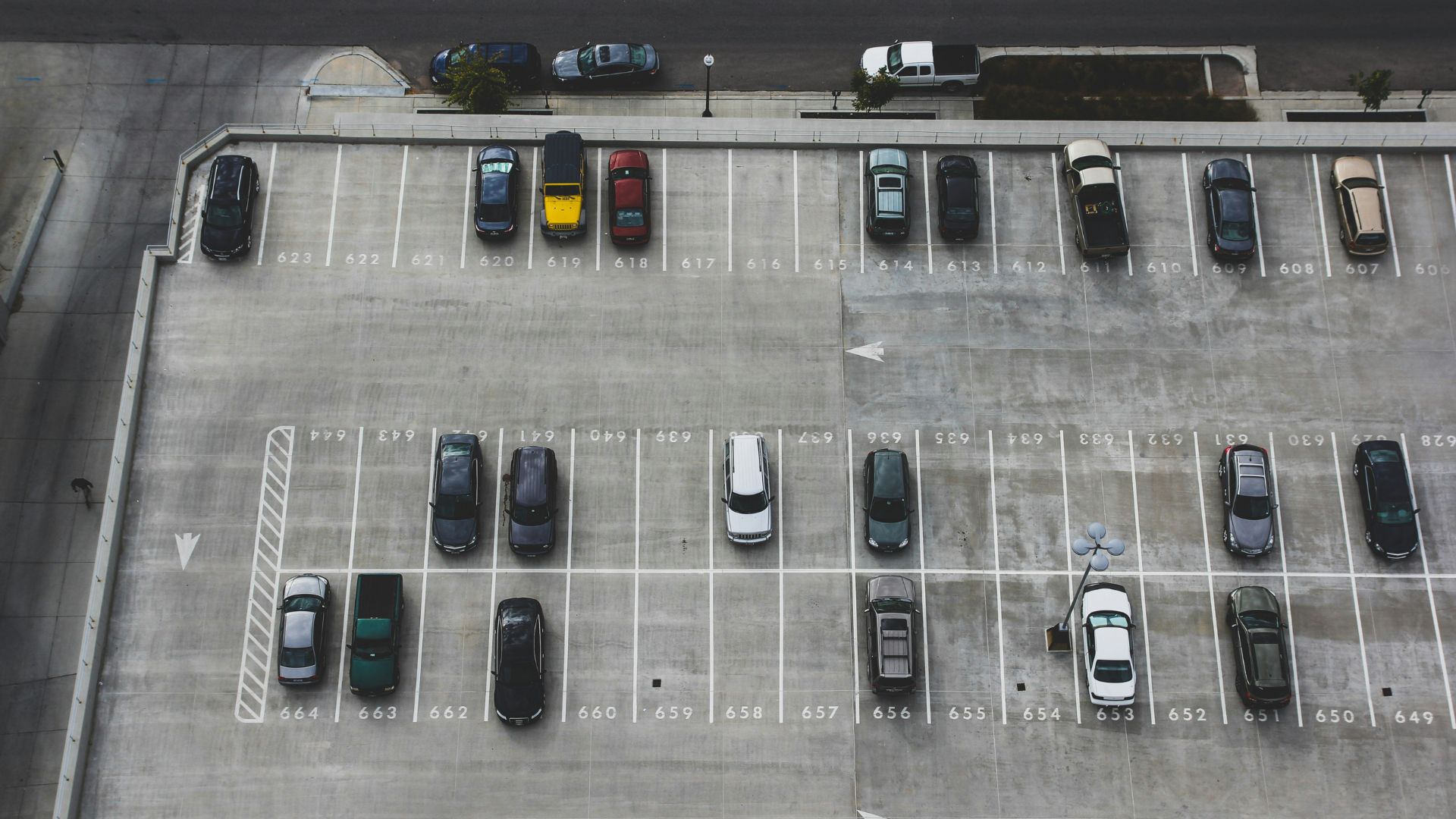
The program doesn’t allow locals to keep their cars parked in this lot all day. During the day, the lot must be vacated. Therefore, it can only be used at night.
However, the lot will also have certain amenities to help those who sleep in the area, as it will have portable restrooms, showers, and trash bins.
Immediate Backlash

Already, the city has faced immediate backlash to the passing of this program. Some residents of the area disagree with the location of the program, as they’re worried it could lead to issues in nearby neighborhoods.
Others are concerned about the overall vetting of those who will be deemed eligible to sleep in these lots.
A Referendum

Opponents of this program have submitted more than 1,000 signatures, which is over the minimum that is needed for a referendum to take place on whether this program should truly occur. This vote will take place in November.
Critics of this program have also stated that this isn’t a humane way to deal with this problem. A website dedicated to opposing this plan says, “The City’s proposal for a homeless car camp at Cultural Park does nothing to address the true problem of assisting homeless workers to have a permanent, affordable INDOOR place to live. Their approach is not caring, it is not humane.”
Struggling to Survive
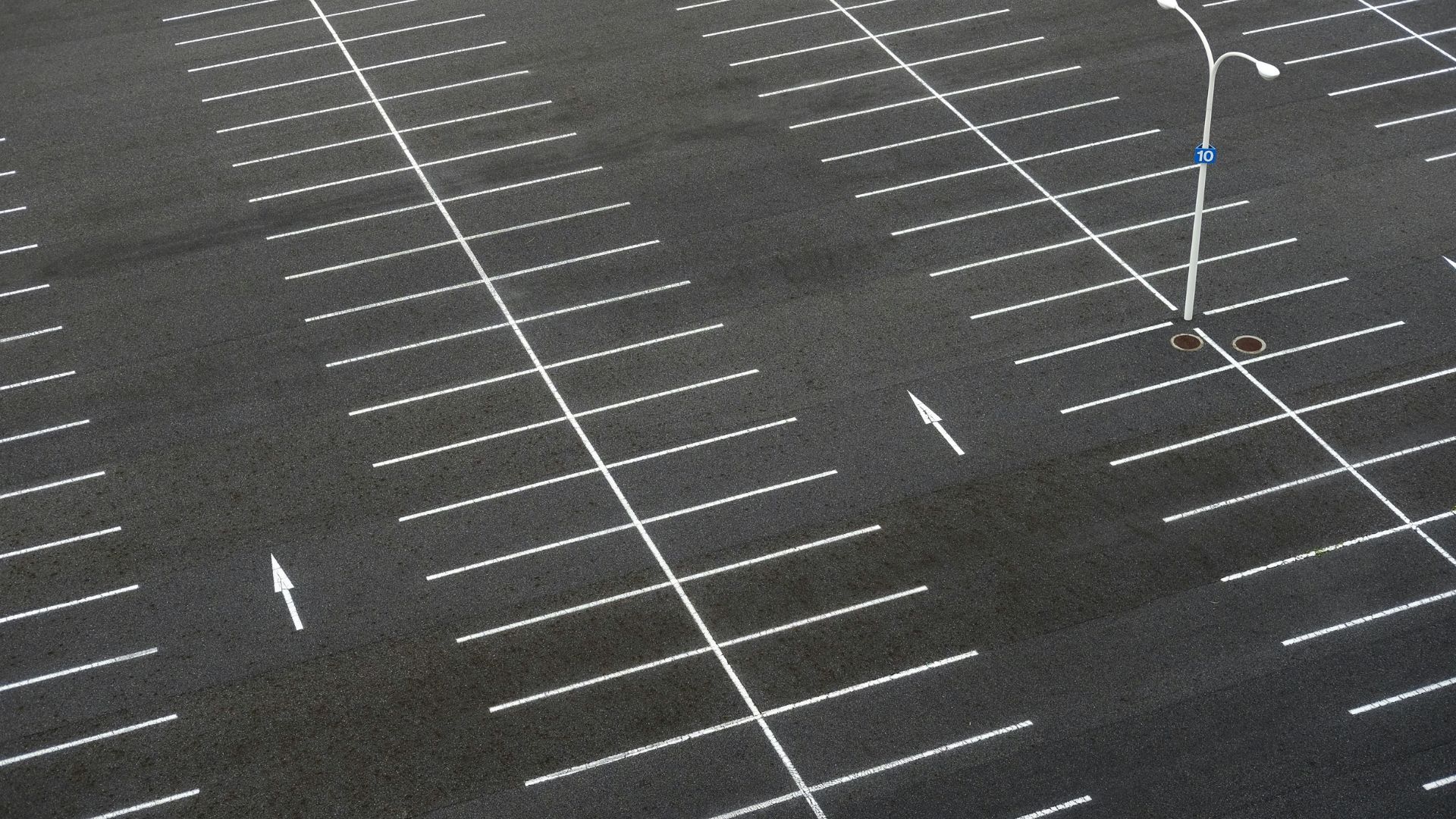
Many residents who are living in their cars have simply asked for help. Jodi Jackson, who works at a local laundromat, explained her state of mind during these difficult times.
“We may not be housed and living in town, but we’re the ones who are doing your laundry, working at your gas stations, working at your restaurants — all of the lower-wage jobs — delivering your pizza, for God’s sake,” Jackson said. “We’re not bad people. We just need a little bit of help.”
